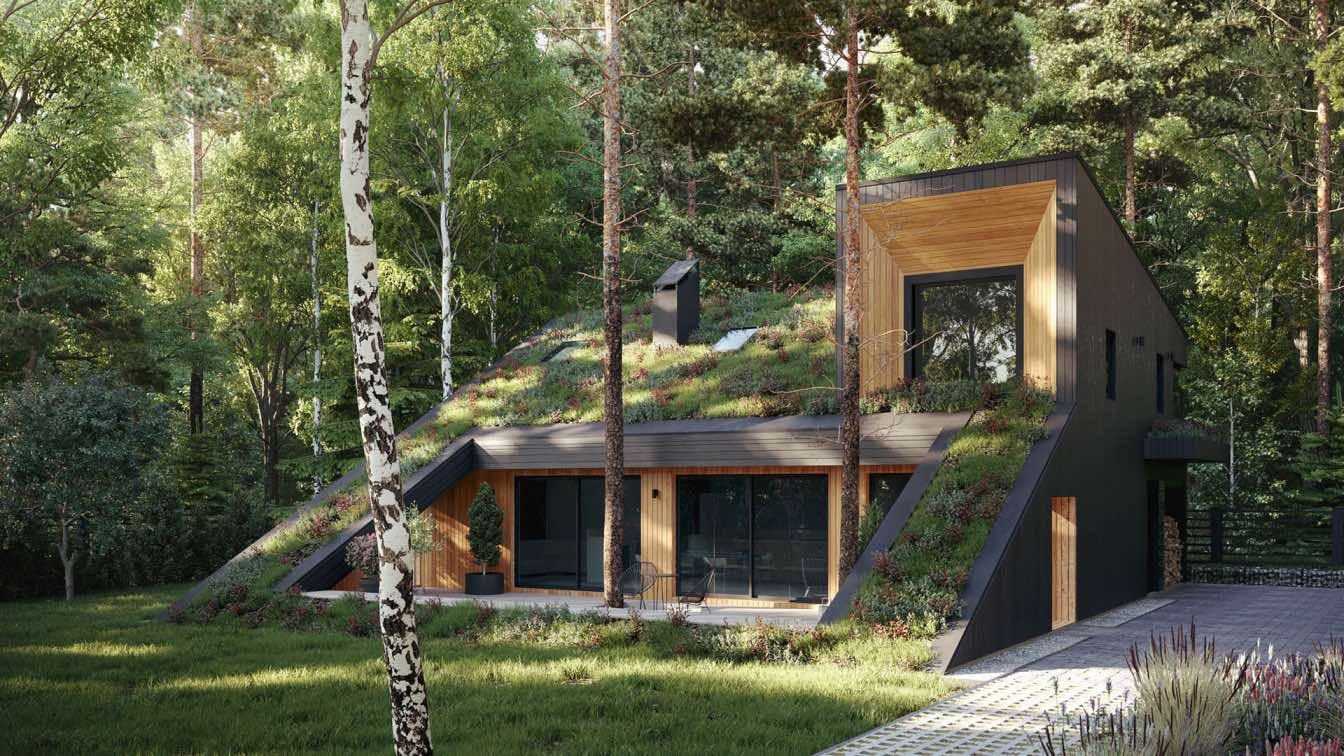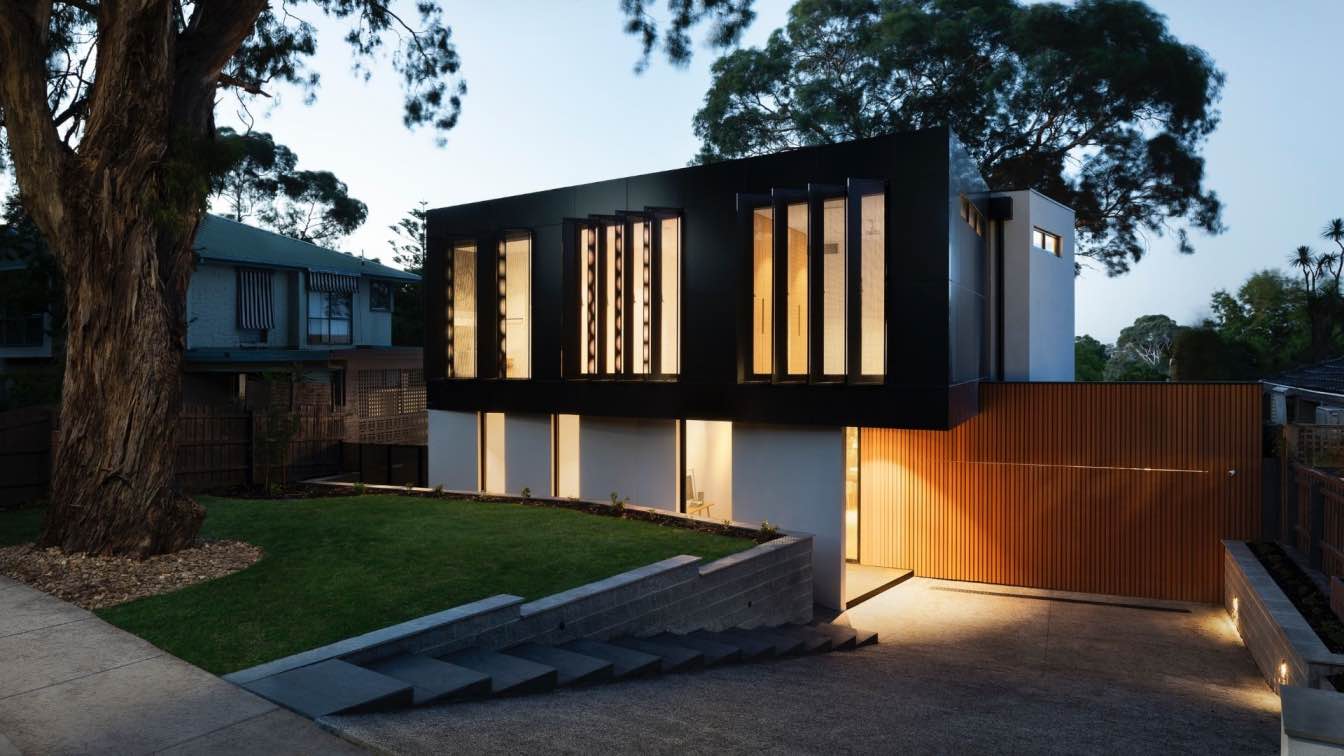Recently, many companies and building owners have been taking an interest in smart buildings for offices. So what does this mean? Like other things that have become smart, smart buildings also mean the same thing. They focus on improving control over the building's operation and environment. There are several benefits to this concept. So to understand them better, let's look at what they are, how they work, and benefit you.
What is a smart building?
A smart building utilizes technology to enhance and optimize the performance of systems. The information helps in automating several processes such as heating and cooling system. Being a business owner, you would know how much overheads can cost. Despite being necessary, they can waste a lot of money if not used properly.
For instance, lights remain on in unoccupied rooms, heating and cooling systems keep running despite no one being around. This wastage of electricity for business can be prevented with smart buildings, aiming to improve energy efficiency and reduce costs. So what technology is used in smart buildings?
 A Smart Passive House with Green Roof in Moscow, Russia by Snegiri Architects
A Smart Passive House with Green Roof in Moscow, Russia by Snegiri Architects
Many smart buildings use the Internet of Things (IoT), which connects all the building's systems via networked IoT devices or sensors, allowing them to send and receive data between these systems. Through this technology, you can assess, control, monitor, and handle all the systems anywhere. This takes time-consuming management of the individual system from the equation.
Moreover, instead of estimated data, Internet of Things consulting companies provides you with precise data that can help you improve energy efficiency and make better decisions. It optimally configured energy and building space usage through its data insights and allows businesses to utilize their building and energy better.
What are its benefits?
1) Reduce energy usage and money savings
The electrical and mechanical systems can be automatically switched on and off by connecting them with the cloud. Smart buildings can identify areas where energy is being wasted. This will help reduce energy usage and energy wastage and thus allow you to make significant savings.
2) Enhanced maintenance
Data can be collected from the equipment daily. This will help engineers identify issues and solve them before they develop into major problems. This real-time data collection and maintenance can ensure all appliances run smoothly and efficiently.
3) Improve productivity
With the automation of lighting systems, heating and cooling systems, air quality, and other things, smart buildings work efficiently to ensure staff members can work in an optimal environment and be more productive.
4) Contribute to a greener environment
Commercial buildings have high energy usage and thus high gas emissions. This can be prevented with smart buildings that help reduce wastage and use energy efficiently, thus contributing to a better environment.
5) Increased safety
Smart buildings also ensure inhabitants' safety by taking necessary safety measures easily.
6) Data collection
Smart buildings technology can provide you with data on structural integrity and provide a report that offers insights into improvements, cost-effective solutions, and new implementations for reducing energy usage.
 Villa Sophia – smart home with artificial intelligence by COLL COLL
Villa Sophia – smart home with artificial intelligence by COLL COLL
In conclusion
Smart buildings are the future of workplaces. Since running a business contributes to many energy usages, businesses need to conserve energy and efficiently reduce overheads. And this can be achieved through smart buildings that help you control and monitor all the systems and thus reduce energy usage and save money.





